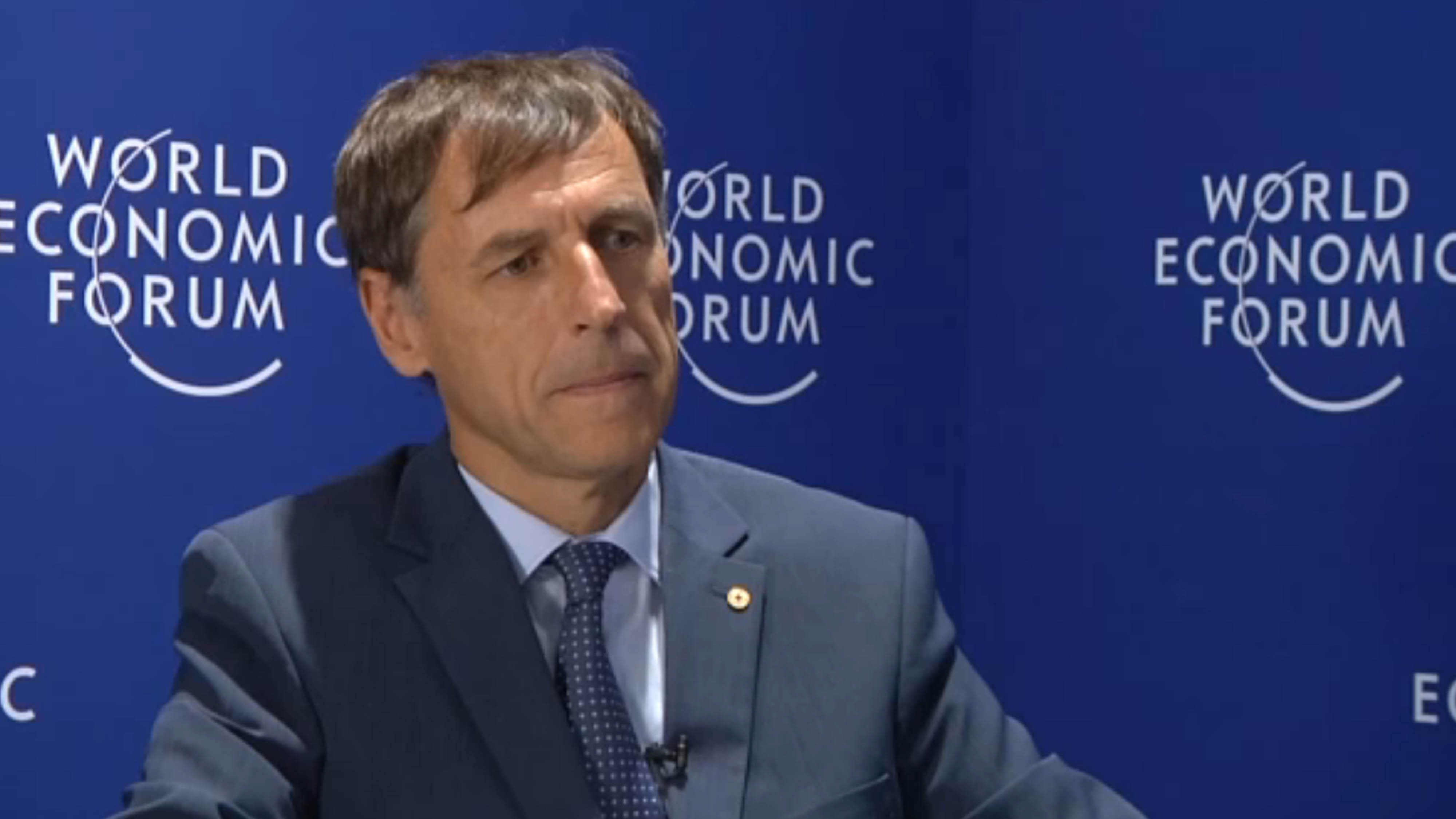
Business
16:51, 21-Sep-2018
ICRC at Summer Davos: We seek partnerships to do humanitarian work
Updated
16:17, 24-Sep-2018
CGTN's Wang Hui
03:17

On the sidelines of this year's Summer Davos in Tianjin, CGTN's Wang Hui sat down with Jacques Pellet. He's the personal envoy to China of the president with the International Committee of the Red Cross (ICRC). Pellet talked about the fourth industrial revolution's impact on humanitarian work, his purpose to participate in the event, and more.
When we think about humanitarian work, we often link it to non-profit organizations, but the World Economic Forum (WEF) seems more about business, and Pellet says he is here to seeking partnerships of many kinds.
“Since the beginning of the ICRC, we have been close to the private sector and business, but more important today, the world economic forum is a platform, where you cannot only meet business people, but also academics, with researcher to face the challenges we have to overcome in our work… We need to find our partnership to find solutions. We cannot find by ourselves.”
In the midst of this fourth industrial revolution, which is driven by the new technologies of the era, such as artificial intelligence (AI) and the internet of things (IoT). Pellet said humanitarian work is also affected by these new technologies.
“New technology can bring more efficiency to our work. There are opportunities, but also risks. The humanitarian work cannot escape from the big innovation which concerns all the sectors of society, but we have to emphasize this kind of technology will never replace the basic work we do, which is close to the victims and close to the population. “
He also talked about the work the ICRC needs to focus on in Asia.
“Humanitarian assistance or support by states need to scale up. The work we are doing is not only good, because we are doing humanitarian work, but it's also good for the interest for the states, as humanitarian work can provide the basic and flu mental for these work."

SITEMAP
Copyright © 2018 CGTN. Beijing ICP prepared NO.16065310-3
Copyright © 2018 CGTN. Beijing ICP prepared NO.16065310-3